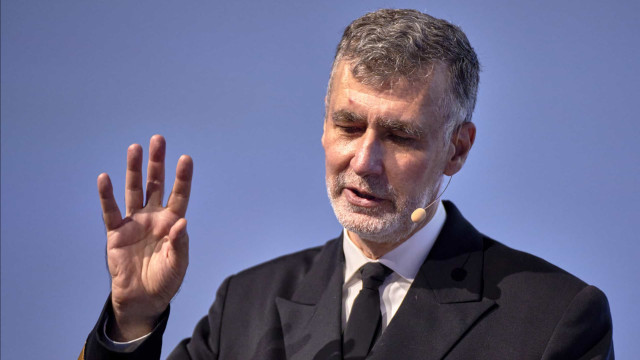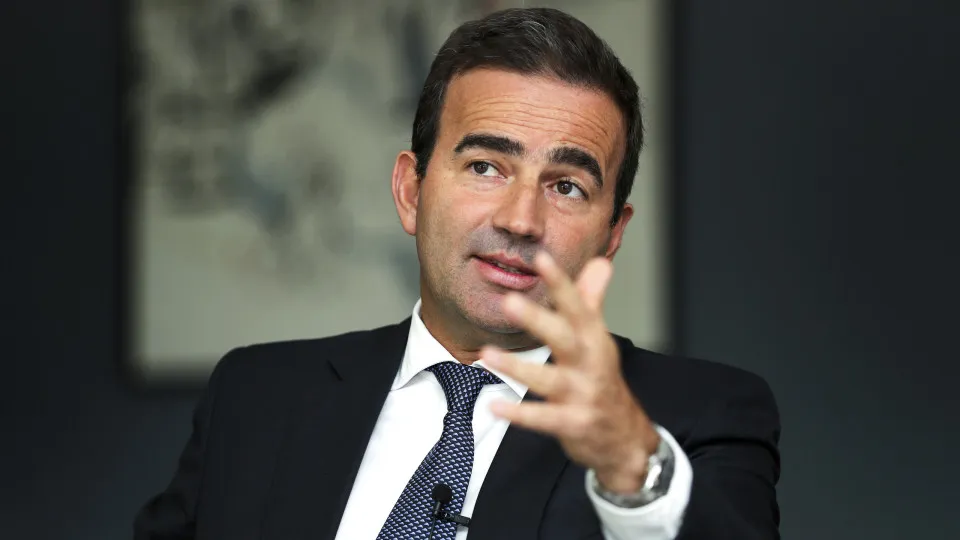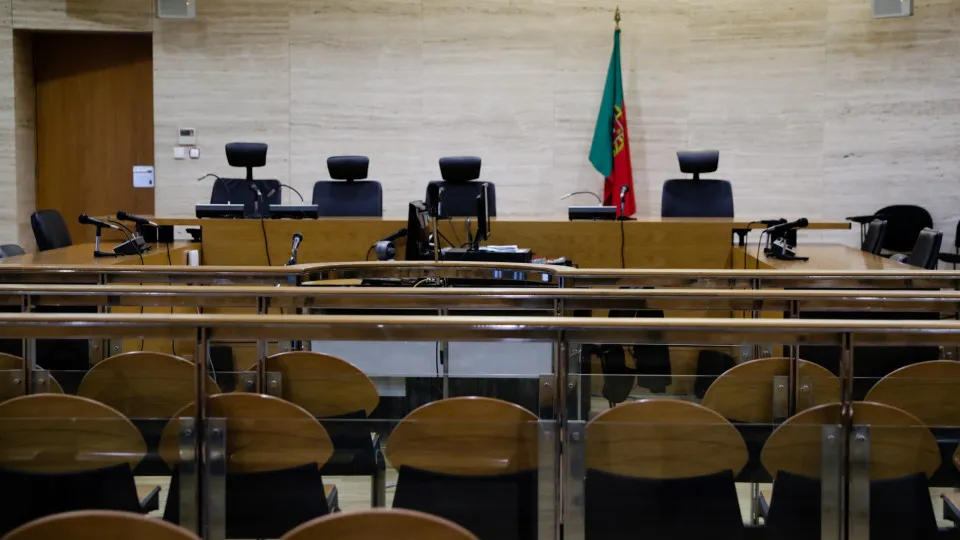
The Labor Minister stated today that the announcement of the general strike by the UGT “is untimely” given that the labor revision draft is under discussion, but cautioned that the “Government is not willing to withdraw the entire proposal”.
In an interview with RTP Noticias, the Minister of Labor, Solidarity, and Social Security rejected accusations of “facade” dialogue at the Social Dialogue, emphasizing that “all the norms” outlined in the labor revision draft presented by the Government “are norms in construction, being refined and built with all social partners.”
Rosário Palma Ramalho criticized the CGTP, noting that this union “placed itself from the outset outside any negotiation”, a position that, according to the minister, contrasts with the UGT.
“The UGT, I reiterate, should differentiate itself from the CGTP: because the CGTP from the first moment said it did not want to negotiate. On the contrary, the UGT is sitting at the table with us,” she stated.
The minister thus considers “not on the part of the CGTP”, but on the part of the UGT, the announcement of the general strike as “untimely”.
On Saturday, the CGTP’s secretary-general, who has been calling for the Government to withdraw the package from discussion, announced a general strike for December 11th. On Sunday, a UGT source confirmed to Lusa that it will propose on Thursday to the national secretariat the ratification of the decision to proceed with the CGTP for a general strike.
In the same interview, Palma Ramalho highlighted that since the Government presented the labor reform draft, “numerous meetings” have taken place with all social partners, both at the Social Dialogue and bilateral meetings, with a calendar already set “until December”.
In this context, the Minister of Labor underscored that a plenary meeting is scheduled for December 10th, the eve of the general strike, showing readiness to negotiate and avoid the stoppage.
“Until then, we are perfectly willing to negotiate,” she stated, emphasizing that within this negotiation process, “various options” are on the table, including “an agreement in the Social Dialogue, whether total or partial” or even not reaching any agreement.
“If we do not reach [an agreement], naturally, the Government will move to the next stage, which is to discuss in the Assembly [of the Republic],” she emphasized, underlining, however, that “it is very different to go discuss in the Assembly [of the Republic] with an agreement or without an agreement”.
She issued a warning: “The Government is not willing to withdraw the entire proposal and would like to maintain the main lines of that proposal”, particularly concerning the flexibility “of some regimes”, strengthening “workers’ guarantees in a number of areas,” in “aligning the exercise of the right to strike with minimum services in vital sectors and promoting collective bargaining in a more dynamic way,” she detailed.
The Government’s draft for revising labor legislation, currently debated with social partners, proposes revising “over a hundred” articles of the Labor Code.
The Labor Minister, Rosário Palma Ramalho, has consistently reiterated that the Government “is in no rush” in negotiating the labor revision draft but warned that it “will not make the discussion in the Social Dialogue eternal”.
The changes included in the proposal – named “Work XXI” and presented by the Government on July 24th as a “profound” revision of labor legislation – aim to cover areas from parenthood (with changes in parental leave, breastfeeding, and gestational grief) to flexible work, company training, or trial periods of work contracts, also extending sectors subject to minimum services in case of a strike.




